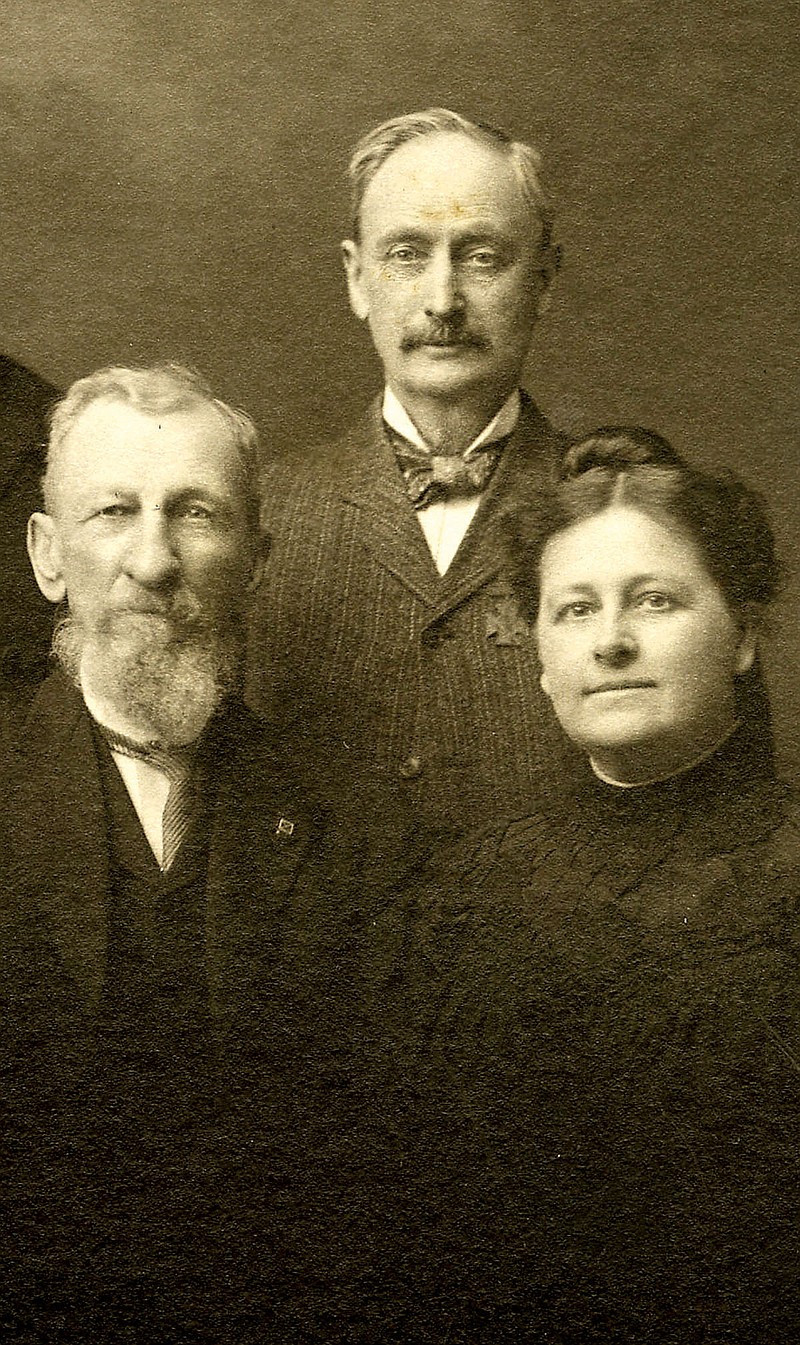The early fall of 1878 was a time of fear in Chattanooga. Yellow fever stalked the city. The disease caused fevers, chills, hemorrhaging, a black vomit, severe pains and frequently death.
That year it spread from New Orleans up the Mississippi Valley to Memphis. When the disease hit that river town, Memphians fled to the interior. Some came east across the state on the Memphis and Charleston Railroad to Chattanooga. Those already infected were bitten by mosquitoes, who then bit the uninfected. In the end, 140 Chattanoogans died, and 8,000 others fled the town to avoid sickness and death.
A few brave souls stayed in Chattanooga risking death to attend the stricken. Among those was 42-year-old Maj. Moses H. Clift, an attorney and businessman. A veteran of the Civil War, it was said he never knew the meaning of fear, a useful attribute during that terrible time.
Along with others on a relief committee, Moses Clift "cared for the sick and dying and burying the dead during those: the darkest days Chattanooga ever saw." The Chattanooga Times said: "As long as humanity and courage are classed among the virtues, their work will not be forgotten."
Moses had much to lose. He was born in 1836 in Soddy, the son of Col. William Clift, one of Hamilton County's wealthiest citizens. Moses owned two farms and a "palatial residence." He had a very successful law practice, likely because he refused "to take a case unless he thinks his client has a chance to win."
Moses was especially known for his expertise in real estate, which was not surprising since his father was the county's largest landowner at one time.
The Times noted in Moses's obituary that he was one of the "leading spirits in the material development of Chattanooga and Hamilton County, beginning with the industrial readjustment following the Civil War. He was for many years president of the Soddy Coal Co. and was actively identified with many other enterprises which helped lay the foundation for Chattanooga's marvelous growth and prosperity."
Much of Moses' social standing came from his status as a Confederate veteran. That was remarkable, as his father was among Hamilton County's stoutest Unionists. Along with James, his oldest sibling, Moses broke with the family and enlisted in the Confederate 36th Tennessee Infantry. He was celebrated after the war for being in action in several battles and wounded three times. He switched from the infantry to the cavalry and served as a Confederate scout in this area in 1863 and 1864.
Even though Moses fought for the other side, his father William proudly noted that he had "distinguished himself in the Rebel army." According to his friend Gen. A.P. Stewart, Moses saved the day at Bentonville, N.C. For much of the war, his Confederate service record reflected a more mundane service as a captain in the cavalry's commissary department.
Reflecting his popularity, Moses ran for mayor of Chattanooga as a Democrat at a time the Republicans controlled politics. He barely lost. He was a delegate to the 1876 and 1880 Democratic National Conventions, and was one of the commissioners who oversaw the erection of the State of Tennessee's monuments at the Chickamauga and Chattanooga National Military Park. Along with other prominent local ex-Confederates, including David M. Key, Lewis Shepherd, W.D. Van Dyke and Tomlinson Fort, Moses Clift worked with Union men -- Xenophon Wheeler, D.C. Trewhitt and W.O. Marshall -- to "make life and property secure in this vicinity."
Moses was known for a number of charitable and civic endeavors, mostly favoring old Confederate soldiers. His devotion to the Lost Cause was such that he was laid to rest in a gray uniform. He possessed a deep empathy and once said, "I am very sorry for everybody." When he died in late 1911, the Chattanooga Bar, gave expressions of "genuine sorrow" with the "love of his brother members of the bar."
Moses Clift had at least one other distinction -- that he never knew. His youngest son, William Brooks Clift, worked for a trust company in Omaha, Neb., in 1920. There and then his son, Moses's grandson, was born, who became the famous actor Montgomery Clift.
Sam D. Elliott, a local attorney, is chairman of the Tennessee Historical Commission and the author or editor of several books and essays on the Civil War. For more information, visit chattahistoricalassoc.org or call LaVonne Jolley at 423-886-2090.
